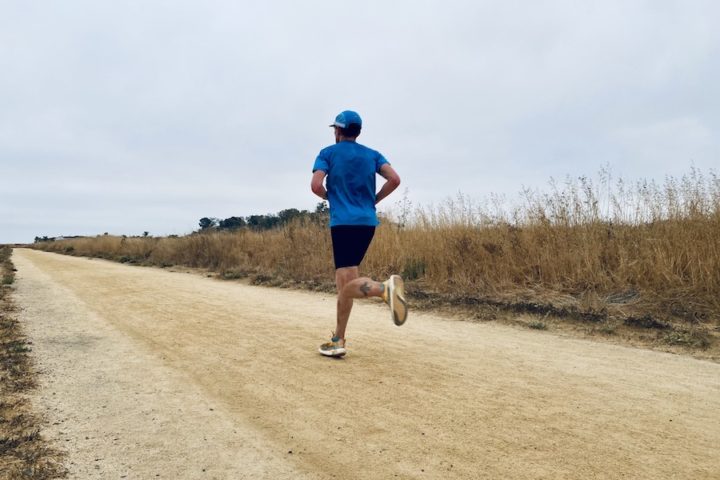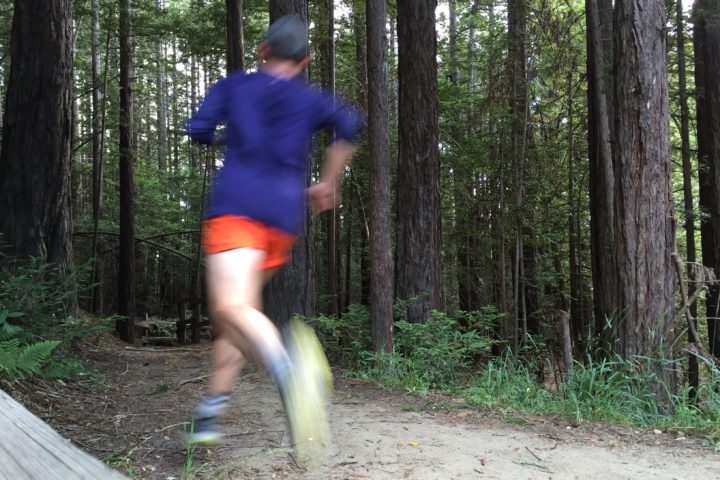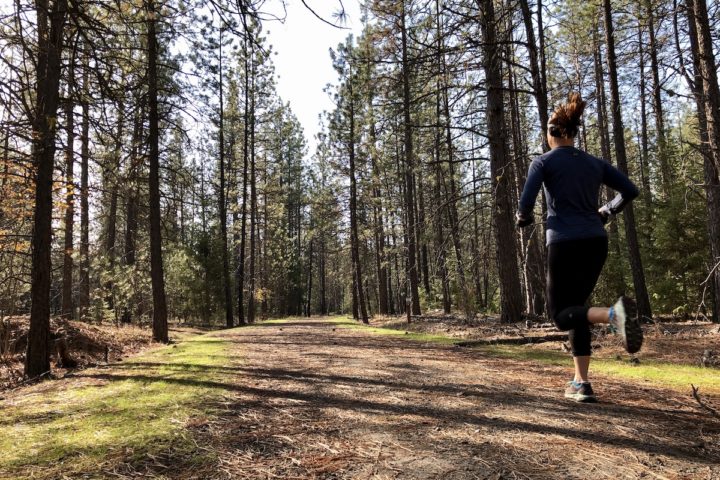Workout of the Week: The 4-2
This effort-based workout is a great early to mid-season season session when you're still fortifying your fitness foundation and neither pace nor specificity are key concerns.

This effort-based workout is a great early to mid-season season session when you're still fortifying your fitness foundation and neither pace nor specificity are key concerns.

I recently conducted an interview over email with Stephen Lane, author of the new book, Long Run to Glory: The Story of the Greatest Marathon in Olympic History and the Women Who Made It Happen. This book tells the story of American Joan Benoit, Norwegians Grete Waitz and Ingrid Kristiansen, and Portugal’s Rosa Mota—four of the greatest marathoners of all time—and the story of how all of them lined up to race each other for the first time at the first women’s Olympic Marathon in 1984. Despite the fact that this race happened nearly 40 years ago, I think it should be required reading for anyone who considers themselves a fan of the sport, no matter their interests, age, or how they identify. Add it to your holiday wishlist. I really enjoyed digging into the backstory of the book with Steve—himself a history teacher, track coach, meet director, and husband of my former teammate and training partner, Jess Minty—and I hope you’ll take the time to read our exchange below.

This is a great “getting back into it” session that isn’t meant to be that tough. I still use it today for that reason but I’ve also adapted it to serve a different purpose later in the season, which I describe in more detail here.

The 4 x 4 is a simple and straightforward workout that will launch your fitness to a new level, but you will have to earn it.

The easiest days in your training schedule for running need to be taken as seriously as the most challenging workouts.

The 1-2-3-2-1-2-3-2-1 fartlek is an "introduction to power endurance" workout that can be used early in a training cycle when an athlete is still building fitness but ready to handle more work. The pickups are relatively short—1-3 minutes in duration—and the intensity—10K effort—should manageable for that chunk of time. The "recovery" intervals, which are run at more of a moderate training pace than a slow jog, are equal in duration to the work interval that preceded it. I like to use a version of this workout every few weeks during a half-marathon or marathon buildup because it forces the athlete to stay engaged the entire time and serves as a nice substitute for a standard threshold session.

Not every workout will leave you hunched over with your hands on your knees afterward—in fact, most of them shouldn’t—but every once in a while you just need to go out and make yourself as uncomfortable as possible.

I recently sat down with Christine Yu, an award-winning journalist and author of Up to Speed, a new book that I would describe as a comprehensive guidebook that dispels false narratives around women in sport, dissects the latest research into women’s sports science and performance, and advocates for more and better research to improve the future experiences of active and athletic women across the age and identity spectrum.

Looking for a challenging but not-too-hard workout to knock out before your next race? Look no further than the 5-4-3-2-1 halftime fartlek. It starts fast and finishes even faster but it will be over before it really starts to grind your gears down.

Tracksmith recently announced the launch of the Varsity Club, an NIL program designed to support a small number of top-level college track & field and cross country athletes by providing them a gear stipend, mentorship, and the opportunity to travel to Europe for training and competition in summer of 2024. The program caught my attention for a few reasons: one, it's Tracksmith's first foray into the NIL space; two, it's an application-based initiative, differentiating it from other NIL deals brands are making with athletes; and three, it's headed up by Nick Willis, who was a seven-time All-American at the University of Michigan and understands the landscape of collegiate track & field as well as anyone. Anyway, I had a lot of questions, which Nick was generous enough to answer for me.
